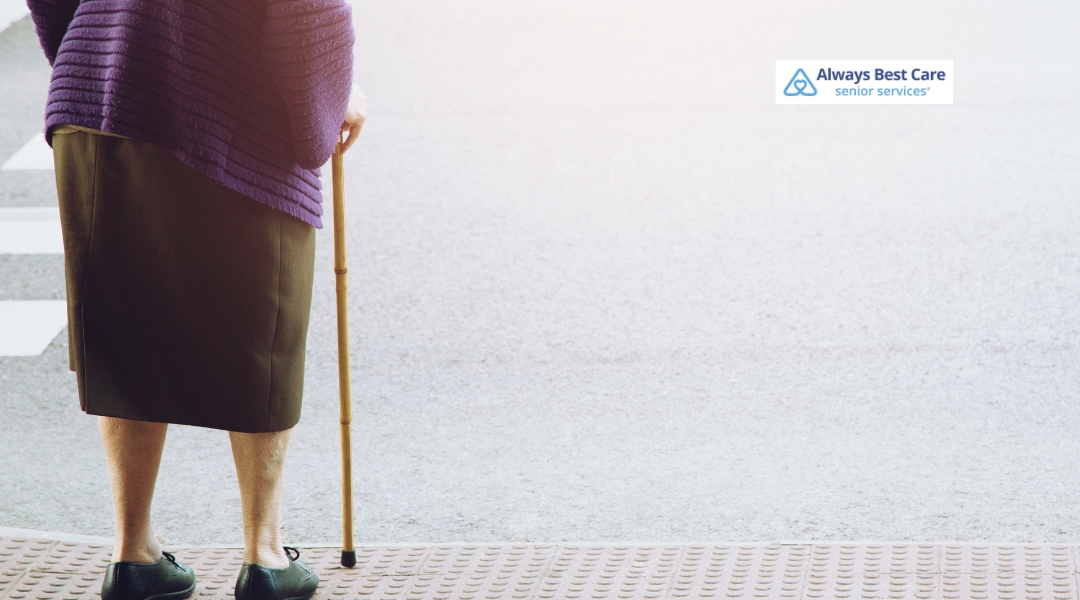Medicare Fraud – How to Protect Yourself

Most doctors and health care providers are honest and bill Medicare accurately for services or supplies that they provide to seniors. However, some people who provide health care services and supplies attempt to defraud the Medicare system. Medicare.gov describes Medicare fraud as a person, group or company billing Medicare for services or goods that a senior never received.
These people or companies are able to bill counterfeit claims to Medicare because they have gained access to a senior’s Medicare data and social security numbers. The majority of seniors will not realize their Medicare information has been stolen or misused unless they pay particular attention to their Medicare statement and other related documents.
According to the website http://www.stopmedicarefraud.gov, fraud examples include:
- A health care provider bills Medicare for services or supplies never received by the senior.
- A company offers a senior a Medicare drug plan not approved by Medicare or misleads a senior with false information to join a Medicare plan.
- A person uses a senior’s Medicare card to acquire medical care or equipment.
- A person bills Medicare for home medical equipment after returning it.
The U.S. Department of Justice works closely with the U.S. Department of Health and Human Services (HHS) to eliminate Medicare fraud by investigating claims that seniors and others report. Peter Budetti, deputy administrator and director of the center for program integrity at the federal Centers for Medicare and Medicaid Services, says that sometimes seniors feel as if complaints have fallen on deaf ears, but in reality, the agency does its best to investigate all suspicious activity. He recommends that seniors need to be patient after filing a claim.
“In 2011, calls to our 800-number triggered 30,000 investigations,” he added. “Just because we don’t call you back doesn’t mean your complaint isn’t being investigated.”
Medicare fraud ends up costing the government and the health care consumer millions of dollars every year because health care costs rise as a result of Medicare fraud. Fortunately, consumers can help fight the deception and are actually on the front lines of the battle against fraud.
How to protect against fraud:
Seniors can safeguard themselves and reduce the risk of fraudulent activity by:
- Guarding personal information – To commit Medicare fraud, a person must have access to Medicare and Social Security numbers. Seniors shouldn’t share this information with anyone who is offering free goods or services in exchange for a Medicare number. If your Medicare card is lost or stolen, immediately contact Social Security at 1-800-772-1213
- Closely examining important paperwork – Inspect the accuracy of medical bills, Medicare summaries and explanation of benefits documentation, and periodically review credit reports for unpaid medical bills. Report any suspicious activity immediately. To get a free credit report, call 1-877-322-8228
- When reviewing your Medicare Summary Notice, http://www.medicare.govoffers these guidelines:
- If you have other insurance, check to see if it covers anything that Medicare didn’t.
- Keep your receipts and bills, and compare them to your notice to be sure you got all the services, supplies or equipment listed.
- If you paid a bill before you got your notice, compare your notice with the bill to make sure you paid the right amount for your services.
- If an item or service is denied, call your doctor’s or other health care provider’s office to make sure they submitted the correct information. If not, the office may resubmit. If you disagree with any decision made, you can file an appeal with Medicare.
- Being aware of any health care providers or equipment suppliers who:
- Offer free consultations services or equipment and ask for a Medicare number for any reason.
- Call on the phone or come door-to-door and say they represent Medicare or the federal government.
- Offer non-medical in-home services or transportation and say they are Medicare-approved.
- Bill Medicare for medical equipment for a senior in a nursing home.
The website http://www.stopmedicarefraud.gov is full of information about how to guard against Medicare fraud and report suspicious activity.
Reporting suspected Medicare fraud
If a person finds a charge that looks suspicious, contact the provider who billed for the services or goods and ask about the charge. The provider can explain the charge or may realize that it is a billing error.
If the provider does not have an explanation for the charge, the explanation doesn’t match the services or goods received, or the provider cannot be reached, immediately contact Medicare at 1-800-MEDICARE (1-800-633-4227), call the inspector general at 1-800-HHS-TIPS (1-800-447-8477) or email [email protected]
As described by Bob LaMendola, a reporter for the Sun Sentinel, South Florida seniors called a special Medicare fraud hotline to give an account of more than 54,000 incidents of alleged Medicare fraud from 2007 through September of 2011. In February 2012, the U.S. government shared the results of the investigations from these calls:
- $58.6 million in overpayments were recovered
- $10.7 million in questionable bills not paid
- $3 million seized from fraudulent firms
- 103 companies kicked out of Medicare
- 106 companies flagged for extra scrutiny in future claims
- 835 fraud investigations started
- 30 cases referred for prosecution
And that is just in South Florida! While seniors can be a target for Medicare fraud, they also have the power to combat Medicare fraud by paying closer attention to the details of their health care bills and taking action when necessary.
Reprinted by Always Best Care Senior Services with permission from Senior Spirit, a publication of the Society of Certified Senior Advisors.
The Certified Senior Advisor (CSA) program provides the advanced knowledge and practical tools to serve seniors at the highest level possible while providing recipients a powerful credential that increases their competitive advantage over other professionals. The CSA works closely with Always Best Care Senior Services to help ABC business owners understand how to build effective relationships with seniors based on a broad-based knowledge of the health, social and financial issues that are important to seniors, and the dynamics of how these factors work together in seniors’ lives. To be a Certified Senior Advisor (CSA) means one willingly accepts and vigilantly upholds the standards in the CSA Code of Professional Responsibility. These standards define the behavior that we owe to seniors, to ourselves, and to our fellow CSAs. The reputation built over the years by the hard work and high standards of CSAs flows to everyone who adds the designation to their name..
Always Best Care Senior Services
Always Best Care Senior Services ( Always Best Care ) is based on the belief that having the right people for the right level of care means peace of mind for the client and family. Always Best Care Senior Services has assisted over 25,000 seniors, representing a wide range of illnesses and personal needs. This has established the company as one of the premier providers of in-home care, assisted living placement assistance, and skilled home health care in the United States.
January, 2014
To print this article CLICK HERE





